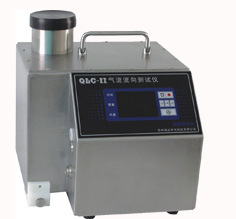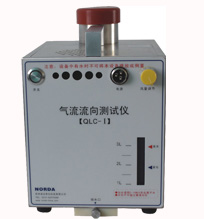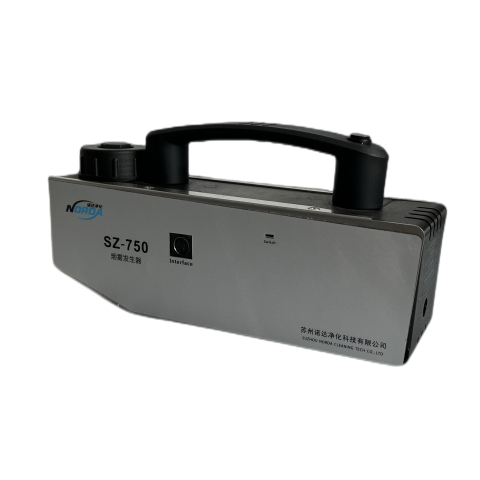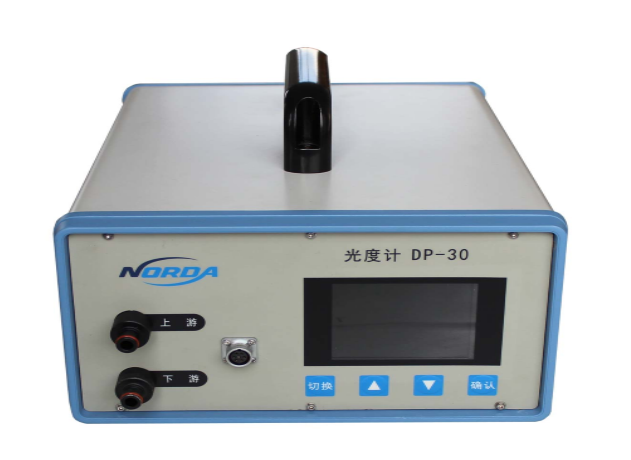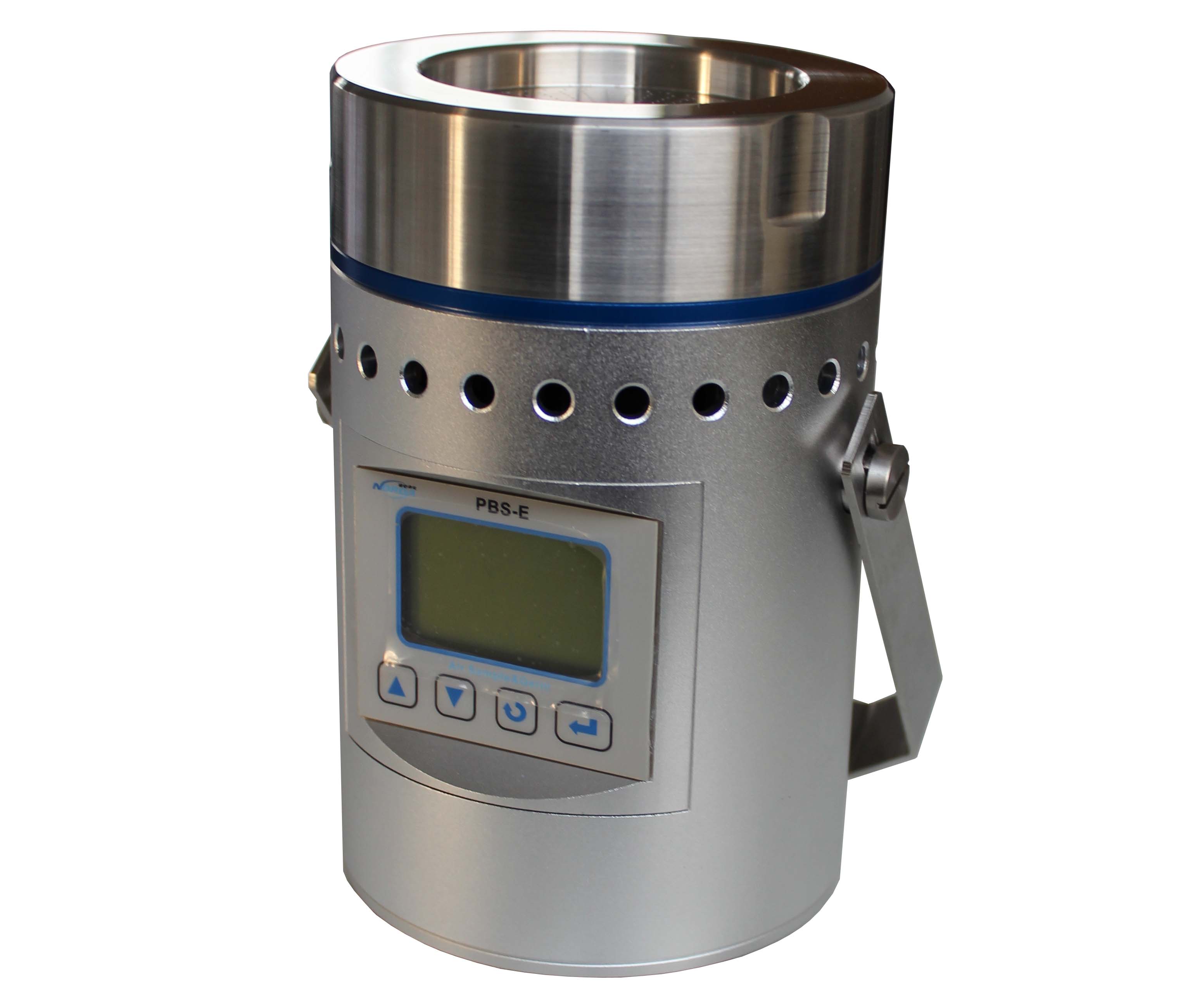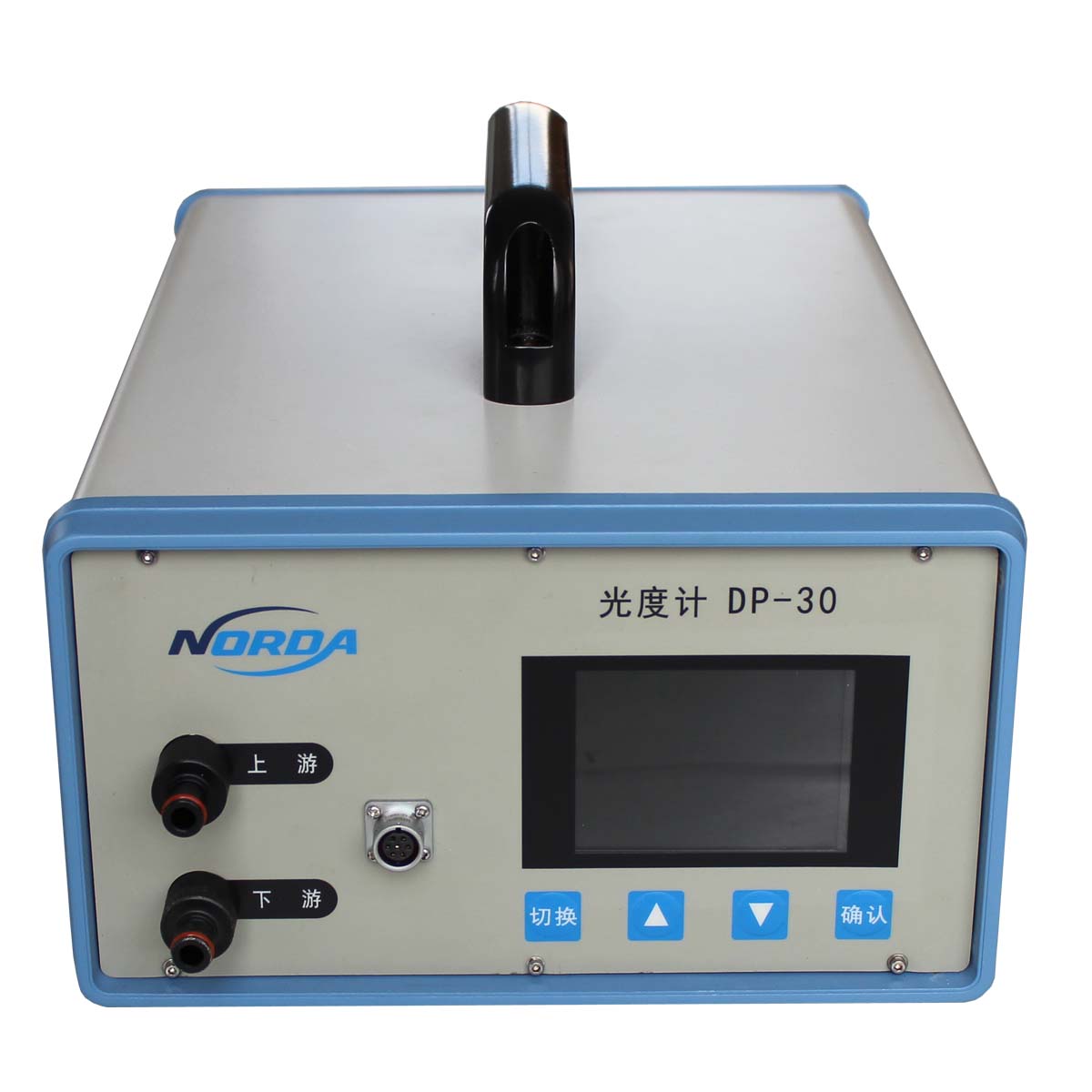清洁验证的十大常见错误!
来源:ISPE blog,作者Miguel Montalvo,是药物GMP和GAP评估专家,曾在BaxterHealthcare(百特)和Bristol Myers Squibb(施贵宝)任职。
本文包括有关清洁验证的十大常见错误,包括:
-
在没有适当和预先批准的计划或方案的情况下开始清洁验证活动
-
未确定先决条件即开始执行清洁验证活动/方案之前,
-
清洁程序不够详细和/或记录,无法执行清洁验证
-
为每一个产品进行清洁验证挑战
-
清洁和消毒合并为一个过程
-
化学残留只考虑API 残留
-
LD50直接应用于毒性MACO计算
-
在计算所有药物工艺的表面积和残留限度时,必须应用工艺链概念
-
淋洗水足以证明清洁过程的有效性
-
分析方法必须专属于被检测的残留物
翻译如下:
Common Pitfalls During Implementation of a Cleaning Validation Program
清洁验证计划实施过程中的常见错误
BACKGROUND
背景
Since theinitial discussions on Cleaning Validation in the early 1990’s and even afterthe FDA Guidance was published in 1993, there has been a lot of confusionrelated to the application of the Cleaning Validation (CV) requirements in ourindustry. Some operations apply incorrect or ineffective approaches for theimplementation of a CV program due to misunderstanding the purpose ofvalidating cleaning procedures and/or taking an extremely conservative approachmaking for an impractical demand on resources. This article willcover some of the most common pitfalls/faults of a strategy for implementing aCV program.1, 2
自 20 世纪 90 年代初首次讨论清洁验证以来,即便在 1993 年 FDA 指南发布之后,在清洁验证 (CV) 要求的应用方面出现了许多混乱。某些操作在实施 CV 计划时采用不正确或无效的方法,原因是误解了验证清洁程序和/或采取了极端保守的方法来对资源进行不切实际的需求。本文将介绍实施 CV 计划策略的一些最常见的错误/缺陷。
1、Starting theCleaning Validation activities without an adequate and pre-approved plan orstrategy
在没有适当和预先批准的计划或方案的情况下开始清洁验证活动
When a sitedecides (or is asked by regulators) to start a cleaning validationactivity/program, their first thought is completing the effort quickly. Attimes that haste can lead to the development of protocols to complete the taskwithout proper planification and strategy development. This causes execution ofactivities which may not be adequate, nor have value added, and, in the end,the company can spend time in totally unnecessary tasks. A helpful initialstrategy is to develop a process flow for implementing the program.
当工厂决定(或监管机构要求)开始清洁验证活动/计划时,他们首先想到的是尽快完成工作。太过仓促将导致在没有适当的计划和制定策略的情况下地制定方案以完成任务。这会导致活动执行可能不够充分,也没有增加价值,最终,公司将时间花在完全不必要的任务上。好的做法是是制定实施该计划的流程。
Process flowincludes the development of matrices for equipment/cleaning procedurecombinations for those products being manufactured. It is acceptable to useproduct family grouping if applicable. This is a primary step to select thecombinations of equipment/cleaning procedures including a worst-case productfor each of the CV efforts defined by the CV protocols. For example, I workedat a facility with 2,000 drug product codes that were changing rathercontinuously. After developing these matrices, we came up with 16 combinationsto be challenged with a specific CV protocol.
工艺流程包括所有在产产品所涉及的设备/清洁程序组合的矩阵。如适用,可以使用产品系列分组。这是选择设备/清洁程序组合(包括 CV 方案定义的每个 CV 工作的最坏情况产品)的主要步骤。例如,我在一家有 2,000 个药品的工厂工作,这些产品在不断变化。开发这些矩阵后,我们提出了16 种组合,以使用特定的 CV 方案进行挑战。
In some cases,equipment grouping approaches may also be applied. For example, we can select apiece of equipment (or a bracket composed of several pieces) to bechallenged from a group of similar equipment when there are no differencesbetween them beyond the size.
在某些情况下,也可以采用设备分组方法。例如,我们可以从一组类似的设备中选择一个设备(或多个部件组合)进行挑战,当它们之间没有超出尺寸差异。
The next step isto answer the question of which component of the product will be used as thetarget for quantification of residues. Please note that using the term“product” is incorrect when quantifying finished drug formulations.
下一步是回答产品中的哪个成分将作为作残留检测目标的问题。请注意,在量化成品配方时,使用术语"产品"不正确。
Based on thisselection, work can start on finding the analytical methods to be able toquantify residue levels of these target components. To support this effort, theacceptable limits for the residues (also called Maximum Carryover or MACO) mustbe established so that the methods will be accurately quantify residue levelsbelow the limits.
基于此选择,可以开始寻找分析方法,以便能够检测这些目标成分的残留水平。为此,必须确定残留物的可接受限值(也称为最大转移或 MACO),以便这些方法能够准确检出低于限值的残留水平。
Parallel to thedevelopment/validation/verification of the analytical methods, the equipmentcleaning procedures must be reviewed to determine if they are sufficientlydetailed, include all necessary critical parameters (times, temperatures,contact times, flows/pressures) and that personnel are properly trained ontheir execution. Especially for manual cleaning procedures, the accuracy andcompleteness of details on the documentation are critical for demonstratingconsistency and ensuring that the process can be considered “validated” foreach step. Remember, if a cleaning agent is used, then the cleaning agentresidues must also be considered for the development of an analytical methodfor testing those residues. The cleaning agent supplier can provide support inthis task.
在开发/验证/确认分析方法的同时,必须审查设备清洁程序,以确定它们是否足够详细,包括所有必要的关键参数(时间、温度、接触时间,流速/压力),并且人员经过适当的执行培训。特别是对于人工清洁的程序,文件详细信息的准确性和完整性对于证明一致性并确保工艺每个步骤被视为"已验证"至关重要。请记住,如果使用清洁剂,则还必须考虑清洁剂残留,需要开发用于检测这种残留的分析方法。清洁剂供应商可以就此中提供支持。
The trainingprogram/process for the cleaning procedures must be reviewed and revised asnecessary to incorporate adequate levels of challenges and qualifications toproperly conduct the cleaning. In addition, approaches for the testing of dirtyand clean hold times needs to be established.
清洁程序的培训计划/流程必须进行审查,并进行修订以包含适当程度的挑战和确认,以正确进行清洁。此外,还需要制定测试脏的保持时间和干净的保持时间的方法。
Once all ofthese steps are well on their way to execution, specific CV protocol(s) can beestablished where each document represents the challenges for anequipment/cleaning procedure combination with a worst-case product(s) alreadyselected.
一旦所有这些步骤都顺利执行,就可以建立具体的 CV 方案了,其中每个文件代表设备/清洁程序组合与已选择的最差产品相结合的挑战。
2、Pre-requisites must be identified before starting the execution of a specificcleaning validation activity/protocol
在开始执行特定的清洁验证活动/方案之前,必须确定先决条件
As stated above,the pre-requisites for the CV program must be established early and, inaddition, they must be verified, and such verification must be documentedwithin each CV protocol execution. The pre-requisites that must be verifiedwithin each CV protocol include:
如上所述,必须尽早建立 CV 计划的先决条件,此外,必须确认这些先决条件,并且必须在每个 CV 方案的执行中记录此类确认。在每个 CV 方案中必须验证的先决条件包括:
-
Equipment design that is adequate for the applied cleaning procedure. For example, a CIP application will require certain conditions on the equipment design to be considered adequate. If a CIP system is installed permanently, was this system qualified? If a stand-alone CIP skid is used, the same question applies. The question in terms of the adequate design also applies to the CIP skid itself.
设备设计适合所用清洁程序。例如,CIP 要求设备设计的某些条件被视为充分。如果永久安装 CIP 系统,则此系统是否已确认?如果使用独立的 CIP 模块,也是一样的问题。在适当的设计方面的问题也适用于CIP模块本身。
-
Analytical methods were validated/verified for the selected target components and the cleaning agent formula component (if applicable). The methods can quantify the target components with a limit of quantification which is lower than the limit for those residues. The equipment used in the laboratory are also qualified.
对所选目标成分和清洁剂 (如适用)的分析方法进行了验证/确认。这些方法可以检测目标成分,其检出限低于这些残留物的限值。实验室使用的设备也已确认。
-
The cleaning procedure is adequate, has all the details and required parameters and the documentation will provide evidence that the procedure was followed as written.
清洁程序是充分的,具备所有的细节和必要的参数,文件记录可以提供证据证实书面程序已得到遵循。
-
Personnel were trained on the analytical methods, sample collection and the cleaning procedures as applicable.
对人员进行了分析方法、取样和清洁程序(如适用)的培训。
-
Calibrations of instruments used are current.
使用的仪器均已校准。
3、CleaningValidation cannot be executed unless the procedures for cleaning are properlydetailed and/or are being documented
除非清洁程序足够详细和/或记录,否则无法执行清洁验证
In my extensiveyears of assessing cleaning processes and cleaning validation efforts, I haveseen plenty of company representatives that do not understand the criticalityof assuring an adequate cleaning procedure is implemented before a CV activitycan start. In nearly every case such as this, the cleaning procedures needed tobe revised. It is critical to understand how the cleaning steps,conditions/parameters, documentation were developed. In most cases, companiesjust apply a cleaning process that they are familiar with no program fordevelopment of the cleaning process. In one occasion, a company was usingmineral oil as a “cleaning agent”. When asked to dismantle the recirculationlines from the mixing tanks, various residues came out as the lines had neverbeen dismantled for cleaning. Fortunately, as of late more companies arestarting to understand the importance of such efforts, though likely afterspending lots of time/resources trying to validate a cleaning procedure thatwas not well defined. Some critical decisions in defining the cleaningprocedures are:
在我多年评估清洁过程和清洁验证工作中,我见过很多公司代表,他们不理解在 CV 活动开始之前确保实施适当的清洁程序的重要性。在几乎所有情况下,都需要修改清洁程序。了解清洁步骤、条件/参数、文件是如何开发的至关重要。在大多数情况下,公司只是应用他们熟悉的清洁过程,而不需要制定清洁流程的计划。有一次,一家公司使用矿物油作为"清洁剂"。当被要求拆除混合罐的再循环管路时,各种残留物出来了,因为这些管路从未被拆除进行清洁。幸运的是,最近越来越多的公司开始了解到这项工作的重要性,虽然是在花费了大量时间/资源试图验证未明确定义的清洁过程之后。定义清洁程序的一些关键决策是:
-
Is the cleaning done manually? If so, the procedure needs to be reviewed with a focus to ensure people will follow the steps consistently.
清洁是否人工完成?如果是这样,需要重点审查程序,以确保人员可以一致地遵循这些步骤。
-
If the cleaning is executed by an automated system, such as a CIP skid or permanently installed system? In this case the procedure needs to be reviewed from a different perspective including the operation of the system and the data to be collected/reviewed. Sometimes this equipment includes on-line measurement of TIOC and/or conductivity which can be used to monitor the cleaning process continuously.
如果清洁由自动化系统执行,例如 CIP 模块或永久安装的系统?在这种情况下,需要从不同的角度审查程序,包括系统的操作以及需要收集/审核的数据。有时,这种设备包含 TIOC 和/或电导率的在线检测,可用于持续监控清洁过程。
4、CleaningValidation is executed as a product-specific challenge
为每一个产品进行清洁验证挑战
Many companiesstill conduct a cleaning validation strategy by conducting a CV study/protocolfor each product. This is feasible in cases where there are just a few productsbut, more often it can be rather impractical (and nearly impossible) to conducta CV study for each product. This is one of the main reasons to work on astrategy/plan early (see step 1 above) before starting any activity. Ask thequestion: – do we have to conduct a cleaning validation protocol for eachproduct? The answer is NO. As stated above, the strategy is defined by firstselecting the equipment/cleaning procedure combinations to be challenged. Then,the product(s) can be selected based on a worst-case approach or just to testevery product – those will be the options.
许多公司仍然通过针对每种产品开展CV研究/方案。在只有少数产品的情况下,这是可行的,但更常见的是,对每种产品进行CV研究可能相当不切实际(而且几乎不可能)。这是在开始任何活动之前尽早制定策略/计划(参见上面的步骤 1)的主要原因之一。问一个问题:——我们是否必须为每个产品执行清洁验证方案?答案是否定的。如上所述,策略的定义是首先选择要挑战的设备/清洁程序组合。然后,可以根据最差条件的方法选择产品,否则,需要测试每个产品。
5、Cleaning andSanitization are combined into one process
清洁和消毒合并为一个过程
Combiningcleaning and sanitation into one process is common mistake. Even though we cansay both cleaning and sanitization are combined in one step, the purpose ofboth steps are totally different. Some companies mistakenly believe that bycombining the steps combined but leaving the equipment idle for a prolongedperiod is sufficient. This is not an adequate approach. Cleaning isconcerned with removing the residues from the previous product (and thecleaning agent if applicable) using a worst-case dirty hold time. Sanitizationis concerned with the condition of the equipment before it is used next,particularly from a microbial consideration.
将清洁和消毒结合到一个过程中是常见的错误。尽管我们可以说清洁和消毒是结合在一个步骤,这两个步骤的目的完全不同。一些公司错误地认为,通过两个步骤合并之后,设备可以闲置较长时间。这不是一个恰当的做法。清洁关注的是在最坏情况脏保持时间下,清除前一产品(以及清洁剂)残留。消毒则与设备在下次使用前的状况有关,尤其是从微生物考虑。
Once it has beendemonstrated that the cleaning is effective after the CV protocol executionusing a worst-case dirty hold time, the fact that you are keeping the equipmentidle for some time brings a set of totally different questions:
一旦CV方案使用最差条件脏的保持时间证明清洁有效,则保持设备闲置一段时间的事实会带来一系列完全不同的问题:
-
How long the equipment is kept idle?
设备闲置多长时间?
-
Under which conditions is the equipment kept?
设备在什么条件下保存?
-
How does this combination of idle time and storage conditions affect the microbial bioburden on the equipment surface?
-
闲置时间和存放条件的这种组合如何影响设备表面的微生物负荷?
As a goodoption, many companies are establishing a sanitization process/step beforeusing the equipment again and this step is validated separately from thecleaning validation. Or, separately they may test for the microbial bioburdenin the equipment surface after the worst-case clean hold time has elapsed tosee whether a sanitization step is necessary. If test fails, the option will beto apply a sanitization step. Of course, these considerations will be affectedby the type of product/process being manufactured – from a topical drug, oralsolid dosage to the more critical sterile products, specifically thoseaseptically filled.
作为一个不错的选择,许多公司在再次使用设备之前都建立了消毒程序/步骤,此步骤与清洁验证分开验证。或者,在最差条件洁净的保持时间过后,他们可以单独测试设备表面的微生物负荷,以查看是否需要进行消毒步骤。如果测试失败,在应用消毒步骤。当然,这些考虑将受在产产品/工艺类型(从局部药物、口服固体制剂到更关键的无菌产品,尤其是那些无菌灌装的产品)的影响。
6、The Onlychemical residues of interest are the API residues
化学残留只考虑API 残留
In some cases,the residue of interest within a product formula or in the case of an APIproduction facility will be the API itself, but not always. Other components ofthe formula must also be considered, and those may be more difficult to clean,could represent a more toxic material or may just be present in higherconcentrations when compared to the API. In these cases, it is recommended totest both the API and the worst-case formula component based on those criteria.
在某些情况下,产品配方或 API 生产设施中需要考虑的残留物将是 API 本身,但并非总是如此。配方的其他成分也需要考虑,这些成分可能更难清洁,可能代表毒性更高的材料,或者与API相比,可能只是以更高的浓度存在。在这些情况下,建议基于这些标准检测 API 和最坏条件的配方成分。
7、Applicationof LD50 directly into the Toxicity MACO calculation
LD50直接应用于毒性MACO计算
The residuelimit calculation for toxicity is much more complex than most companiesrealize. It is not adequate to just take the LD50 value from a reference sourceor MSDS and insert that value into the formula with an arbitrarily selectedempirical factor. The fact that this formula includes at least one empiricalfactor requires a detailed consideration which may force some high-levelscientific analysis from a qualified expert such as a toxicologist. I suggestinvolving an expert if any of their formula components is considered to berelatively high-risk in terms of their toxicity.
毒性残留限度计算比大多数公司所了解的要复杂得多。仅仅从参考源或 MSDS 中获取 LD50 值,并将该值代入到公式中,并且使用任意选择的经验因子是不够的。事实上,这个公式至少包括一个经验因素,这需要详细考虑一些高水平的科学分析师,如毒理学家。如果配方的任何成分的毒性被认为相对较高,建议有专家参与。
8、Applicationof a process train concept when calculating surface areas andresidue limits for all drug processes
在计算所有药物工艺的表面积和残留限度时,应用工艺链概念
Some industryexperts say that you “MUST” apply a process train concept for any CV effort.But that concept may not be applicable in every situation. Particularly whencalculating the total surface area for the entire process equipment train withconsideration for the total residues for the entire train. For example, theprocess train concept will make sense if the cleaning is actually conducted asa “process train” which is not the case in most operations. Because thecleaning of each equipment is different, it is recommended to validate thecleaning of each equipment separately.
一些行业专家说,你"必须"应用工艺链概念。但是,这一概念可能并非适用于所有情况。特别是在计算整个工艺设备链的总表面积以考虑整个设备链的总残留时。例如,如果清洁实际上作为"工艺链"进行,则工艺链概念是有意义的,而在大多数操作中并非如此。由于每个设备的清洁不同,建议单独验证每个设备的清洁。
9、Rinse samplesare enough to demonstrate cleaning process effectiveness
淋洗水足以证明清洁过程的有效性
The decision ofwhether rinse samples will be enough to demonstrate effectiveness of thecleaning procedure and that the residue levels have been reduced to acceptablelevels depends on several factors such as equipment design/physicalcharacteristics and formula components. Are there difficult locations where arinse sample will not have contact with the area and a swab sample must betaken? Are the selected formula components totally soluble under the rinseconditions and the solvent/water being used for the sample?
淋洗水是否足以证明清洗程序的有效性,以及残留物水平已降至可接受的水平的决定取决于几个因素,如设备设计/物理特性和配方成分。是否有难以冲洗的地方,淋洗水无法与该表面接触,必须棉签擦拭?所选配方成分在冲洗条件下是否完全可溶?
The finaldecision will consider these questions and the risk implied by the productitself (injectable versus topical drug products)
最终决定将考虑这些问题以及产品本身隐含的风险(注射药物与局部药物产品)
10、AnalyticalMethods must be specific for the particular entity being measured as residues
分析方法必须专属于被检测的残留物
This questionhas been addressed extensively in the industry, and the consensus is – itdepends. If you can develop/find a non-specific method that canmeasure/quantify the residue of interest under the sampling conditions applied,you may be able to use this method. This decision will reduce the timenecessary for conducting your CV programby a considerablefactor. Another reason to consider using a non-specific method isjust the practicality for some operations where developing and validating aspecific method for each residue will imply extensive time/resources which theymay not have, and the value added by such efforts is not commensurate to theresources applied.
这个问题在业界得到了广泛的讨论,而共识是——这。如果可以开发/找到一种非专属的方法,在所使用的取样条件下检测/计算目标残留物,则可以使用此方法。此决定将减少执行CV计划所需的时间,其影响相当大。考虑使用非专属方法的另一个原因是,对于某些操作而言,开发和验证每个残留物的专属方法将意味着它们可能没有的大量时间/资源,而此项工作所增加的价值是与所需要的资源不相称。




